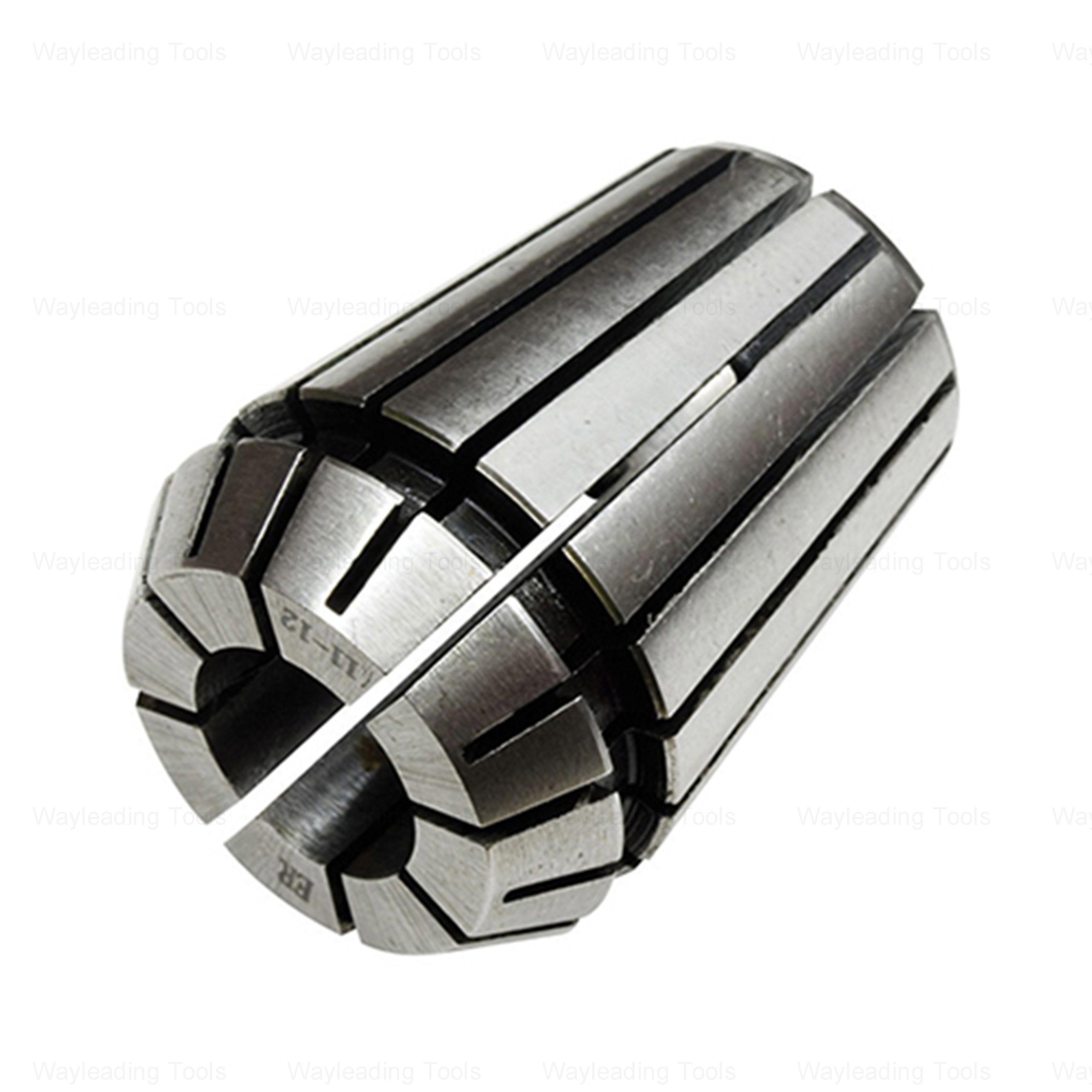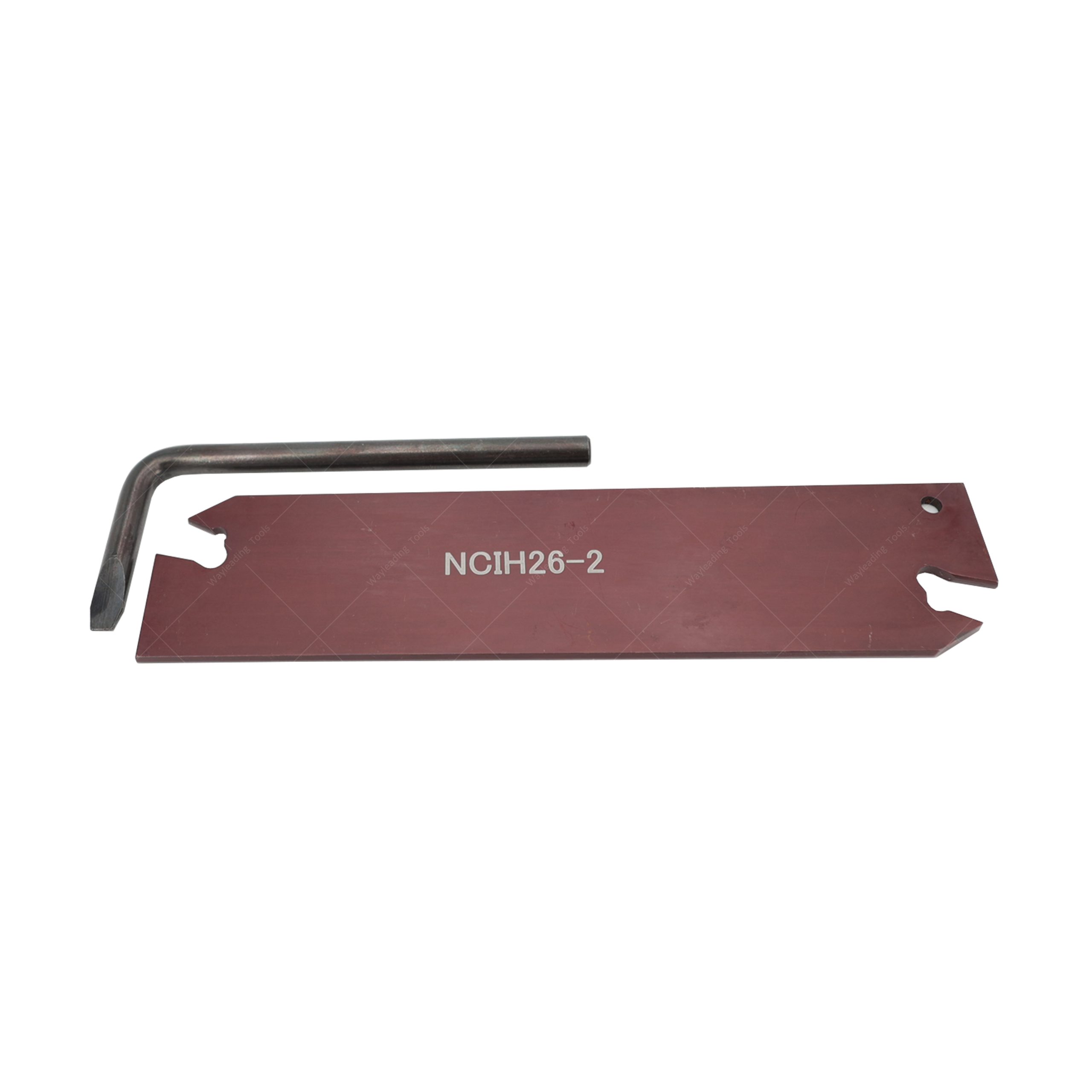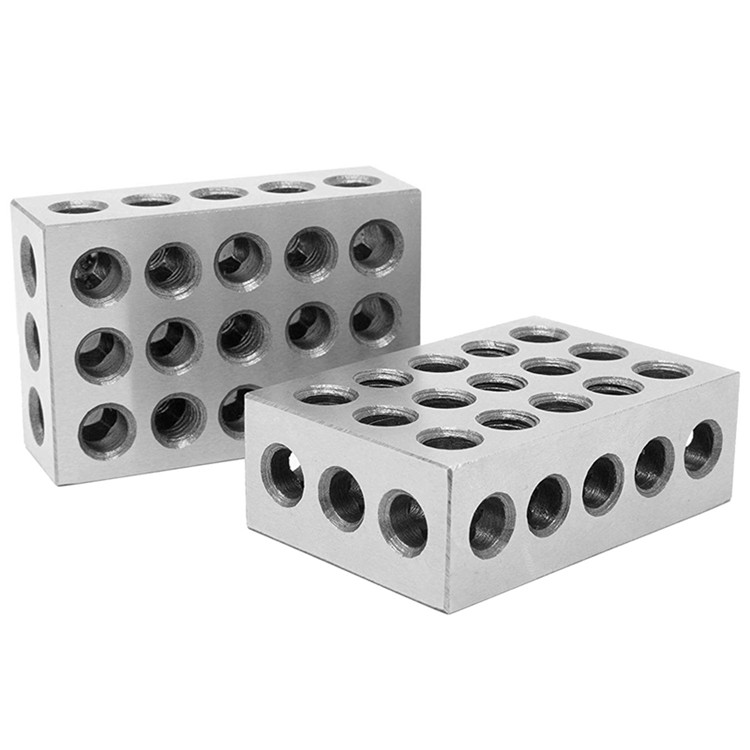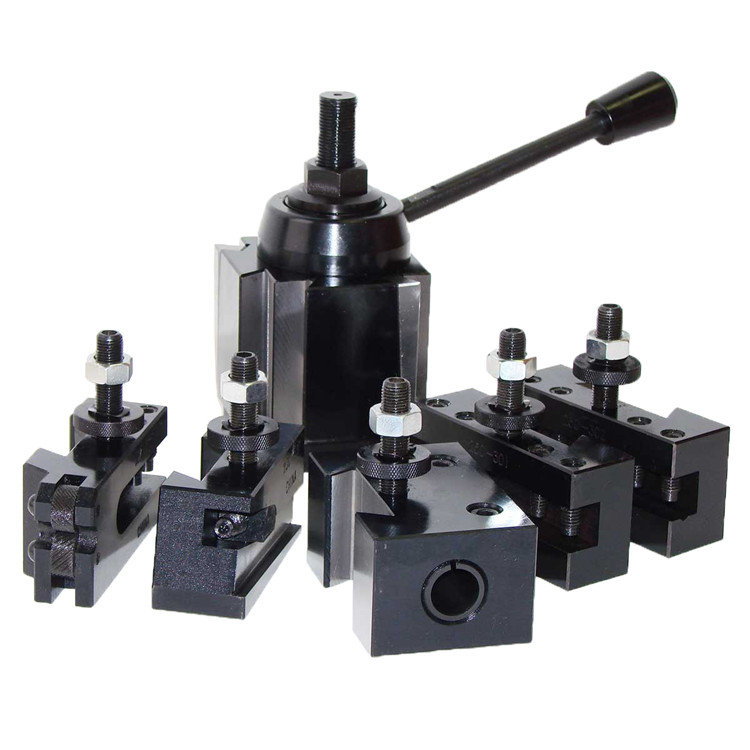APKT insert Factories
Navigating the world of APKT insert factories can be complex. This guide provides a detailed overview of what APKT inserts are, factors to consider when choosing a factory, key manufacturers, and essential quality control measures.
Understanding APKT Inserts
What are APKT Inserts?
APKT inserts are indexable cutting tools primarily used in milling operations. The 'APKT' designation refers to the insert's shape and design, optimized for efficient material removal and improved surface finish. They are commonly made from cemented carbide, offering excellent wear resistance and high-temperature performance. These inserts are widely used in various industries, including automotive, aerospace, and mold making.
Common Applications of APKT Inserts
APKT inserts are versatile and can be used for a variety of milling applications, including:
- Face Milling
- Shoulder Milling
- Slot Milling
- Plunge Milling
- Copy Milling
Factors to Consider When Choosing an APKT Insert Factory
Manufacturing Capabilities
Assess the factory's manufacturing capabilities, including their production capacity, equipment, and expertise in producing APKT inserts. Do they have the necessary machinery and skilled personnel to meet your specific requirements? Inquire about their mold design capabilities. Wayleading Tools has years of experience helping clients find the perfect factories.
Material Quality
The quality of the raw materials used in the APKT inserts directly impacts their performance and lifespan. Inquire about the factory's sourcing practices and the types of carbide grades they use. Reputable factories should be able to provide material certifications and traceability.
Quality Control Procedures
Rigorous quality control is crucial for ensuring consistent performance. Look for factories with established quality control procedures, including dimensional inspections, hardness testing, and surface finish analysis. Ask about their quality certifications, such as ISO 9001.
Pricing and Lead Times
Compare pricing and lead times from multiple factories. While cost is a factor, prioritize quality and reliability over the lowest price. Inquire about minimum order quantities and potential discounts for bulk orders. Understanding typical lead times will help you manage your inventory effectively.
Communication and Customer Service
Effective communication and reliable customer service are essential for a smooth working relationship. Choose a factory that is responsive to your inquiries, provides clear and concise information, and offers after-sales support. Clear communication minimizes misunderstandings and ensures your needs are met.
Key APKT Insert Factories
While specific factory names can vary and are subject to change, here are some examples of types of companies or attributes to look for. Please do your own research on specific vendors, as listing actual companies here would not be appropriate.
Large-Scale Manufacturers
These manufacturers typically have a wide range of products, high production capacity, and established quality control systems. They may offer standardized APKT inserts and custom solutions.
Specialized Insert Producers
Some factories specialize in producing APKT inserts for specific applications or industries. They may have expertise in particular materials or geometries. Look for manufacturers that focus on your niche for tailored solutions.
OEM Suppliers
Original Equipment Manufacturers (OEMs) produce APKT inserts for other brands or distributors. They may offer competitive pricing and flexible production options.
Essential Quality Control Measures for APKT Inserts
Dimensional Inspection
Dimensional inspection ensures that the APKT inserts meet the specified dimensions and tolerances. This can be done using various tools, including calipers, micrometers, and coordinate measuring machines (CMMs).
Hardness Testing
Hardness testing measures the insert's resistance to indentation, which is an indicator of its wear resistance. Common hardness testing methods include Rockwell and Vickers hardness tests. Typical hardness values for carbide inserts range from 88 to 94 HRA (Rockwell A scale)1.
Surface Finish Analysis
Surface finish analysis evaluates the smoothness and texture of the insert's cutting edges. A smoother surface finish can reduce friction and improve cutting performance. This can be done using surface profilometers or microscopes.
Microstructure Analysis
Microstructure analysis examines the internal structure of the carbide material. This can reveal potential defects or inconsistencies that could affect the insert's performance. Scanning Electron Microscopy (SEM) is often used for this purpose.
Cutting Performance Testing
Cutting performance testing involves testing the APKT inserts under simulated machining conditions. This can help evaluate their cutting ability, tool life, and surface finish performance. These tests are crucial for validating the insert's quality and performance.
Troubleshooting Common APKT Insert Problems
Premature Wear
Premature wear can be caused by several factors, including improper cutting parameters, excessive cutting speeds, or using the wrong grade of carbide. Ensure your cutting parameters are optimized for the material being machined and consider using a more wear-resistant grade of carbide.
Chipping or Breakage
Chipping or breakage can be caused by excessive cutting forces, vibration, or tool chatter. Reduce cutting forces, improve machine rigidity, and use vibration dampening techniques. Ensure the insert is properly seated in the tool holder.
Poor Surface Finish
Poor surface finish can be caused by worn inserts, incorrect cutting parameters, or machine vibration. Replace worn inserts, optimize cutting parameters, and address any vibration issues. Consider using an insert with a sharper cutting edge or a more positive rake angle.
By understanding the factors involved in selecting APKT insert factories and implementing proper quality control measures, you can ensure you're getting high-quality inserts that meet your specific needs. Remember to prioritize quality and reliability over the lowest price, and to establish clear communication with your chosen factory.
Partnering with a company like Wayleading Tools can help streamline this process and ensure you find the perfect supplier.
Finding a reliable supplier
Sourcing high-quality APKT insert factories requires thorough research, understanding of manufacturing processes, and stringent quality control. Whether you are looking for large-scale manufacturers or specialized producers, focusing on their manufacturing capabilities, material quality, and quality control procedures is crucial for selecting the best partner for your needs.
1 Source: AZoM.com
Related products
Related products
Best selling products
Best selling products-
 Double-beam Digital Gauge With Digital Counter
Double-beam Digital Gauge With Digital Counter -
 Precision Vernier Caliper With Nib Style Jaws Of Metric & Imperial For Industrial
Precision Vernier Caliper With Nib Style Jaws Of Metric & Imperial For Industrial -
 Metric ER Collets – High Precision, for Milling Applications
Metric ER Collets – High Precision, for Milling Applications -
 HSS Threading Taps – ISO 529, Straight Flute, Spiral Flute & Spiral Point
HSS Threading Taps – ISO 529, Straight Flute, Spiral Flute & Spiral Point -
 DIN4971-ISO1 Carbide Tipped Tool Bit With Right And Left Hand
DIN4971-ISO1 Carbide Tipped Tool Bit With Right And Left Hand -
 Straight Shank ER Collet Chuck Holders With Extending Rod
Straight Shank ER Collet Chuck Holders With Extending Rod -
 Metric HSS Step Drills With Straight Flute
Metric HSS Step Drills With Straight Flute -
 HSS DP Involute Gear Cutters With PA20 And PA14-1/2
HSS DP Involute Gear Cutters With PA20 And PA14-1/2 -
 Parting & Grooving Tool Blades For GTN Blades
Parting & Grooving Tool Blades For GTN Blades -
 CNMG & CNMM Turning Insert For Indexable Turning Tool Holder
CNMG & CNMM Turning Insert For Indexable Turning Tool Holder -
 Precision Expanding Mandrel From 9/16″ to 3-3/4″
Precision Expanding Mandrel From 9/16″ to 3-3/4″ -
 Precision V Block And Clamps Set With High Quality Type
Precision V Block And Clamps Set With High Quality Type










